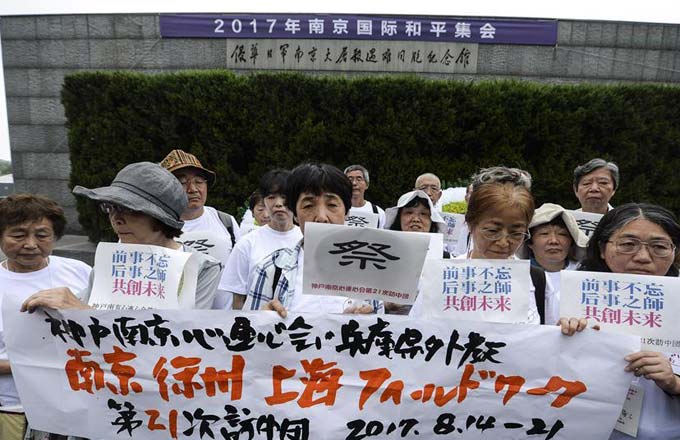Passenger sues Harbin rail bureau over smoking
Student with sleeper ticket says people were lighting up between train carriages
A female railway passenger who had to endure cigarette smoke during a journey is suing the Harbin Railway Bureau for allowing passengers to smoke.
The Beijing Railway Transport Court has accepted the case and will hold a hearing on Aug 24, according to a report by thepaper.cn on Tuesday.
"On June 9, I traveled to Tianjin from Beijing on train K1301 operated by Harbin Railway Bureau," Li Ying, a student in Hebei province, told news portal thepaper.cn. "In order to enjoy a comfortable journey, I specifically chose to buy a soft sleeper ticket."
However, the environment was much less comfortable than she expected.
"When I got on the train, I noticed a strong smell of tobacco," Li said. "There were lots of passengers, as well as some conductors, smoking between the two carriages."
"In fact, the company's safety tips clearly state that smoking is banned anywhere on the train," she said, "but nobody expressed surprised or attempted to stop the behavior."
After the journey, Li filed a series of complaints with the National Railway Administration, and the Beijing and Tianjin health commissions, but to no avail.
She decided to sue.
According to court documents, Li is demanding compensation for her ticket, valued at 102.5 yuan ($13), and her legal expenses.
She also demanded that the Harbin Railway Bureau issue a smoking ban on train K1301 - which is not a high-speed train - as well as on the platforms of the Beijing and Tianjin railway stations, in addition to removing the smoking areas and ashtrays.
Li is asking the Harbin Railway Bureau to pay 1 yuan as compensation for her mental suffering and 19 yuan for the face mask she bought.
An official of the Harbin Railway Bureau who asked not to be named said the bureau had just been informed of the case and will wait for the court's judgment.
"This case is quite significant because it is the first time that managers have been sued for allowing smoking in public places," said Wang Zhenyu, an environmental lawyer and an expert committee member of the Chinese Association on Tobacco Control.
"Smoking on the train violates the principles of public health and also poses a hidden danger to the health and safety of passengers," Wang said. "The State Council is working on a national regulation banning smoking in public places, which makes it more necessary for the railway sector to promote a smoking ban on conventional trains."





















